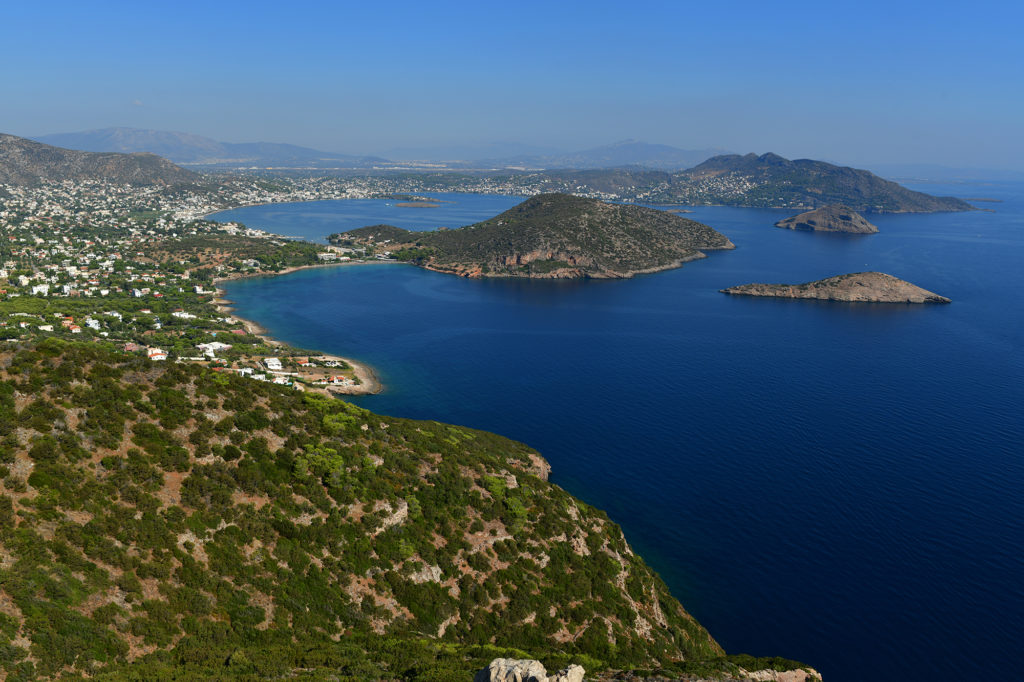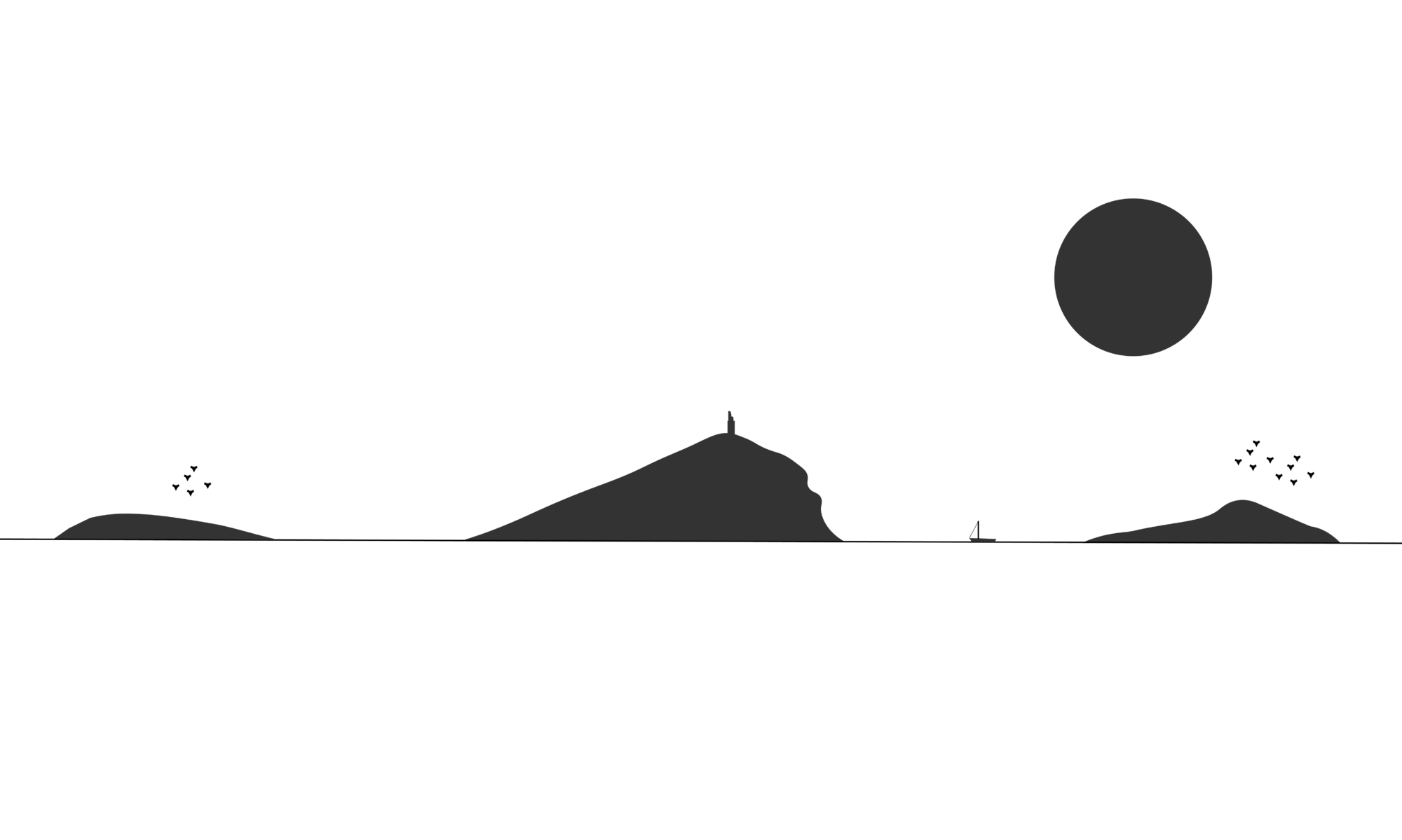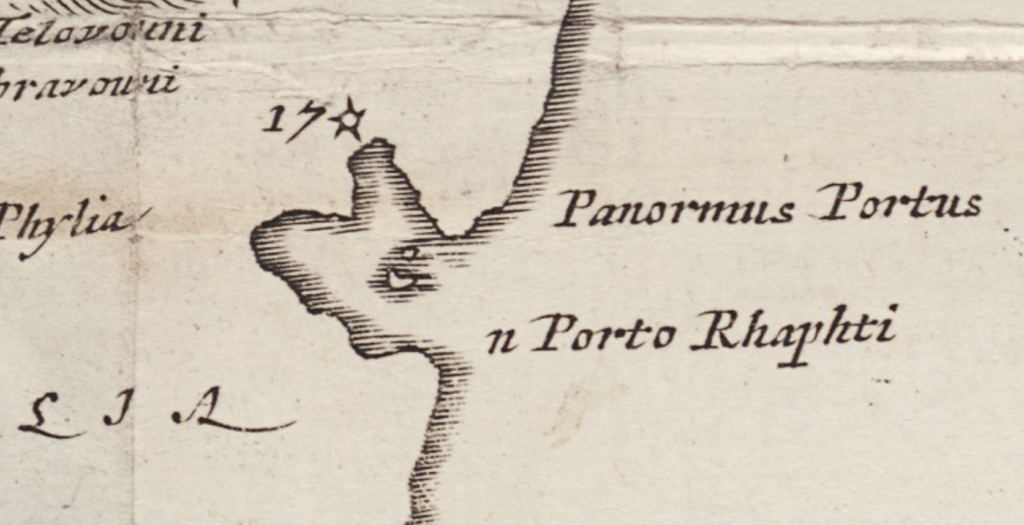
It is always fun to read back through old travelers’ accounts of Greece, which I have been doing as part of the process of writing up the BEARS 2021 season report. Below is an amusing story recounted by Dodwell about trying to procure provisions prior to staying the night in Porto Rafti back on September 3rd, 1805.
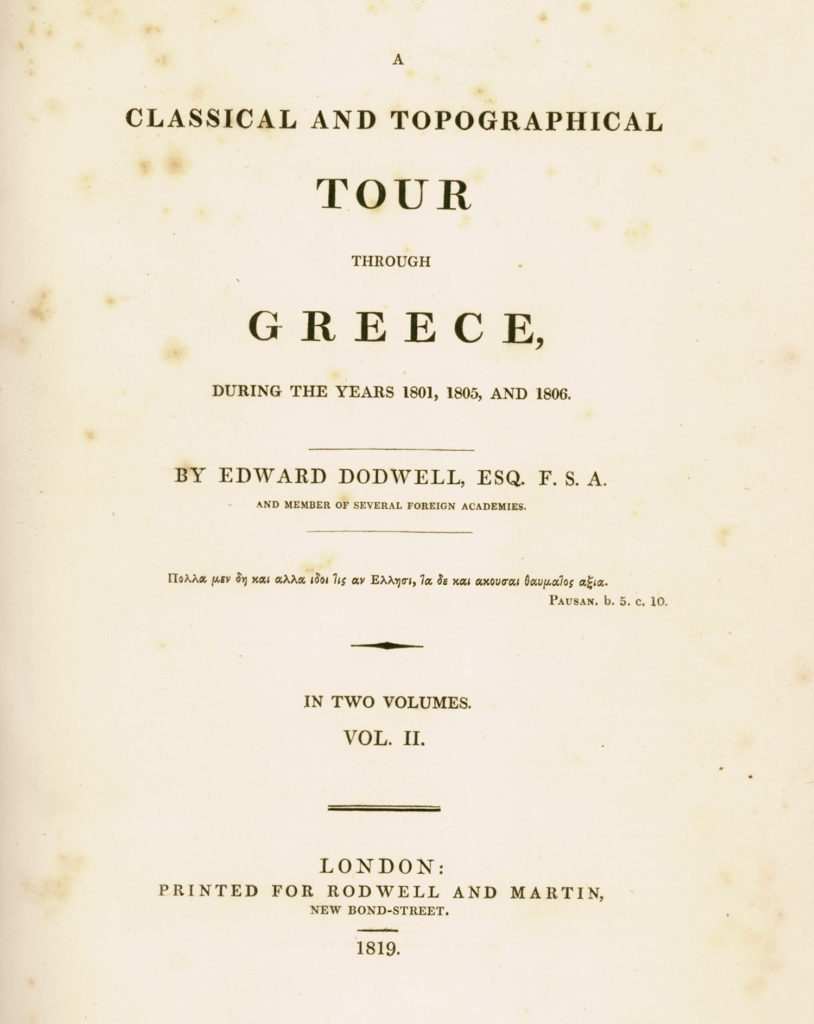
“As we intended to pass the night at Port Raphte, which is uninhabited, we endeavoured to purchase some provisions at Brauna; but the villagers descrying our approach from a distance, with our associated Turks, had time to shut up all their fowls, which are almost the only food in Grecian villages; and in answer to our earnest application for a supply of this kind, gravely assured us, that they had no fowls, and that none were to be procured. We next directed our steps to the monastery, and begged the Hegoumenos to supply our wants. The venerable monk did not fail to give us his solemn assurance, that not a single fowl could be found in a circuit of many miles! He had however hardly finished his assertion, when, very provokingly for him, but fortunately for us…a treacherous cock, within the sacred walls, betrayed the holy ecclesiastic by crowing aloud, and was immediately answered by all the cocks in the village! This sudden and unexpected occurrence could not fail of exciting our unrestrained merriment; and indeed the circumstance was so ridiculous, as to relax the stern features even of the Hegoumenos himself, who…contented himself with uttering some imprecations against the cock and his evil voice, and desired the villagers to supply us, which they did on our paying double their value.”
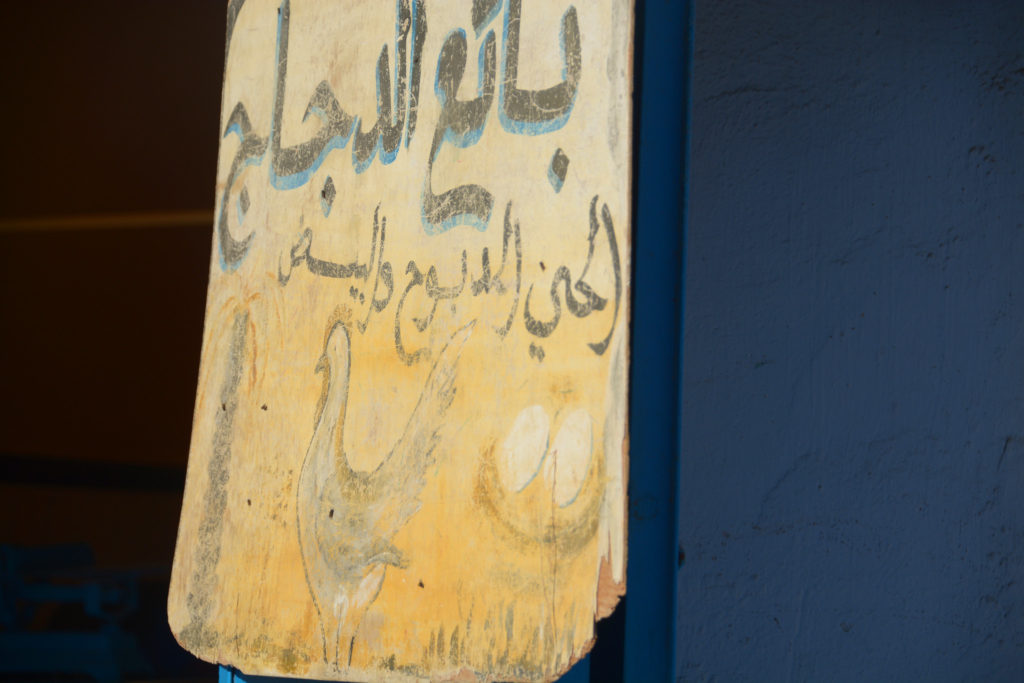
Thanks to one rambunctious rooster, then, Dodwell & crew seem to have passed an uneventful night on the shores of the bay with ample chicken nuggets. The next morning a crew of fellows from the island of Tinos happened to be in the bay “cutting wood to carry to their island” and the sailors gave the travellers a full Captain Vasilis treatment, taking them around to the islets in the bay in order to investigate antiquities.
Must have been quite a wonderfully different world in the early 1800s – apparently there was not even one Gegos in town back then, let alone the modern wonder that is Sklavenidis; and treeless neighbors from Tinos were in the habit of sailing all the way over just to get some firewood!
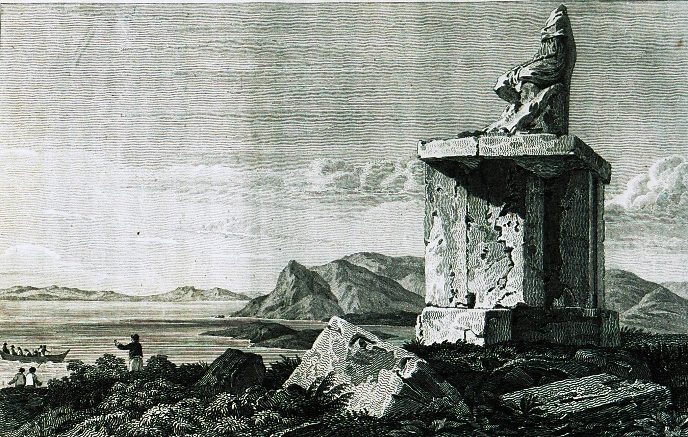
Perhaps this small morsel of information holds some kinda clue as to why industrial production was a popular activity on Praso, since access to fuel is a major concern for any kind of pyrotechnological craftsperson. In an older account, from 1740, Charles Perry also discusses the GREAT VERDURE of Porto Rafti:
“This port is certainly one of the delighfullest Harbours in Nature; for it is encompassed almost all ‘round with charming Vales; and these, rising with a gradual and easy ascent, at last terminate in lofty mountains, which are covered all over with Pine-trees, and other sorts of Verdure.”
One of the Delightfullest Harbours in Nature indeed! Many on the BEARS team would certainly agree even if the ratios of Verdure to Cementure have probably shifted since Perry’s visit.
